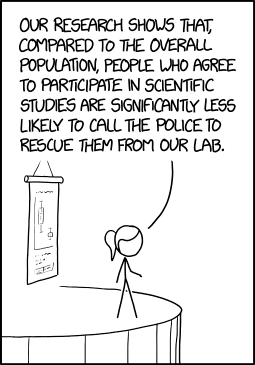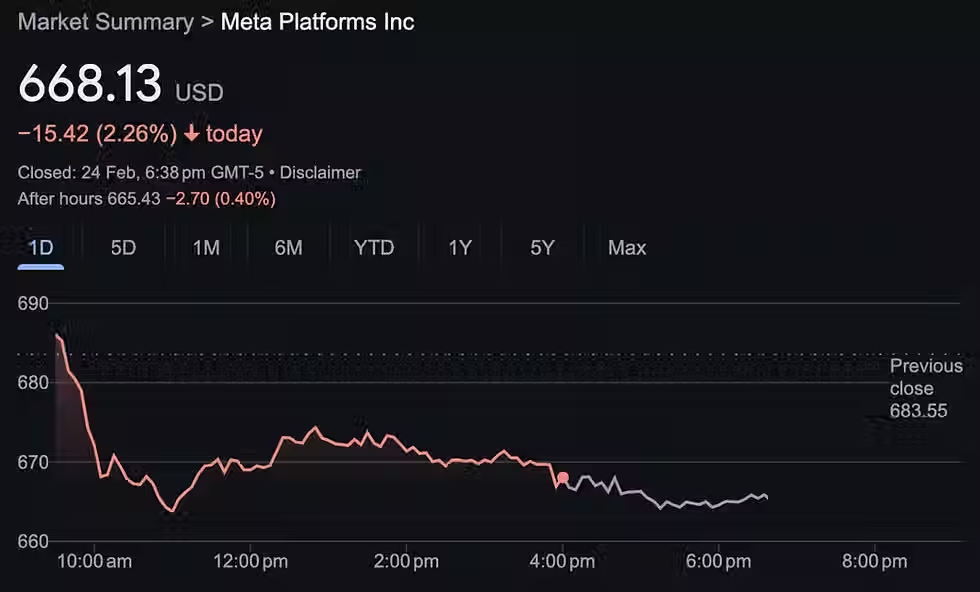Trading vs. Investing: What's the Best Choice for You?
- Buffett Online School

- Aug 9, 2023
- 4 min read

Are you someone who prefers to profit from the long-term or short-term? Are you okay with earning even after a more extended period, or do you want to achieve after only a short period? What do you think best fits your goals? Is it investing or trading?
Over the past years, many of us have developed an interest in capitalizing on financial markets by trading or pursuing investments. Yet, many beginners only have a basic understanding of the true nature of investing and trading.
At Buffett Online School, we also believe in investing in great companies you understand and utilizing Free Investing Resources to help you start your financial freedom and investment journey is one of the best ways to learn.
Both investing and trading can generate you profit, but they are a distinctly different approach. You can check Chloe Lin’s video about trading vs. investing, where she shares information about it.
In this article, we will explore definitions of trading and investing, highlight their contrasting features, and help you determine which strategy aligns best with your preferences and goals.
What is Investing

Investing means buying assets for a long time. Your goal when you invest is to make the value of those assets you buy rise over the years.
When you invest, you look at how much money a company makes, its revenue, and how much it might grow. You want to make profits over time, so stick to what you bought and wait before selling.
As an investor, you are okay with quick changes in the market because you plan to hold onto your assets for a while. Even if the market drops, you are patient and wait for it to improve.
Pros of Investing
👍 You can stay ahead of inflation
👍 If you invest in dividend-paying stocks, you will get paid a portion of a company's profit.
👍 It allows you to build your wealth over time
👍 You don't need to spend much time over charts or analyzing each movement of the market
Cons of Investing
👎 It can take years for your assets to appreciate enough to bring you a decent profit.
👎 the value of your investments can decrease over time. Investments with higher returns also tend to be more risky as more factors influence a particular company's value.
👎 Investing money into assets means you don't have this money in your active funds. You can't spend it in an emergency; pulling it out and selling your assets takes time.
What is Trading

Trading means you make money by buying and selling stocks, currencies, and other things in a short time. As a trader, you want to buy things at a low price and sell them quickly for a higher price. It means you make money from the price changes that happen fast.
When you trade, you prefer markets that go up and down a lot because it gives you more chances to make money. You use special tools to predict where prices will go and make quick decisions to take advantage of those changes.
Trading requires a lot of time and effort. The money you make from each trade is usually small, so you must make many trades to earn a good income.
Pros of Trading
👍 It is convenient to buy and sell assets.
👍 It can turn in a significant profit, especially if pursued full-time
👍 It allows you to withdraw your funds direct to your bank account anytime
👍 You can find ways to profit from any price changes
👍 You can use leverage
Cons of Investing
👎 It has a higher risk
👎 It's hard to maintain a stable income since your earnings depend on how often you trade
👎 You need to spend more time and regularly monitor the price charts and any trading opportunities
Investor vs. Trader: Key Differences
Here are some significant distinctions between deciding whether to invest or trade. These can help you determine and understand which suits your goals and risk tolerance.
Parameter | Investing | Trading |
Objective | To buy and hold stocks for the long term and make your capital grow | To buy stocks for a short period and take advantage of any pricing mistakes in the market. |
Time Horizon | long-term | short-term |
Risk | lower | higher |
Type of Analysis | Fundamental Analysis | Technical Analysis |
Costs | Limited fees due to minimal transactions | Higher fees due to regular transactions |
Investor vs. Trader: Deciding Which One Suits You
Regarding the stock market, think about how much time you can dedicate. If you have hours to spare each day and like reading charts and graphs, trading could be a good fit for you.
On the other hand, if you prefer a more relaxed approach, long-term might be better.
For investors, there's a lot of work involved in researching companies. You must look at financial statements, company history, and growth prospects. But if you enjoy technical and fundamental analysis, you could try trading and investing separately.
Remember, traders and investors have different needs regarding skills and money. When you invest, you need to be good at understanding a company's fundamentals. On the other hand, when you trade, you should be skilled in technical analysis.
So, choose what suits you best based on your interests and resources, whether investing or trading.
Join Our Free 2-Day BOS Value Investing MBA
At the Buffett Online School, we believe in learning the right investing mindset and system, so we can start cultivating emotional detachment and grow our wealth safely and substantially in the long run.
Our next 2-day BOS MBA Value Investing Online Bootcamp is happening soon! We will teach you how to use Warren Buffett's proven investing method to maximize your portfolio.

Remember, you have the choice to cultivate the right investing mindset and unlock your potential to build wealth through intelligent investing. Together, we can create a network of educated investors who make informed decisions and contribute to their financial well-being!
In the meantime, feel free to check out some of our blog posts to continue learning. You can also join our BOS Telegram channel for more investing insights!





Comments